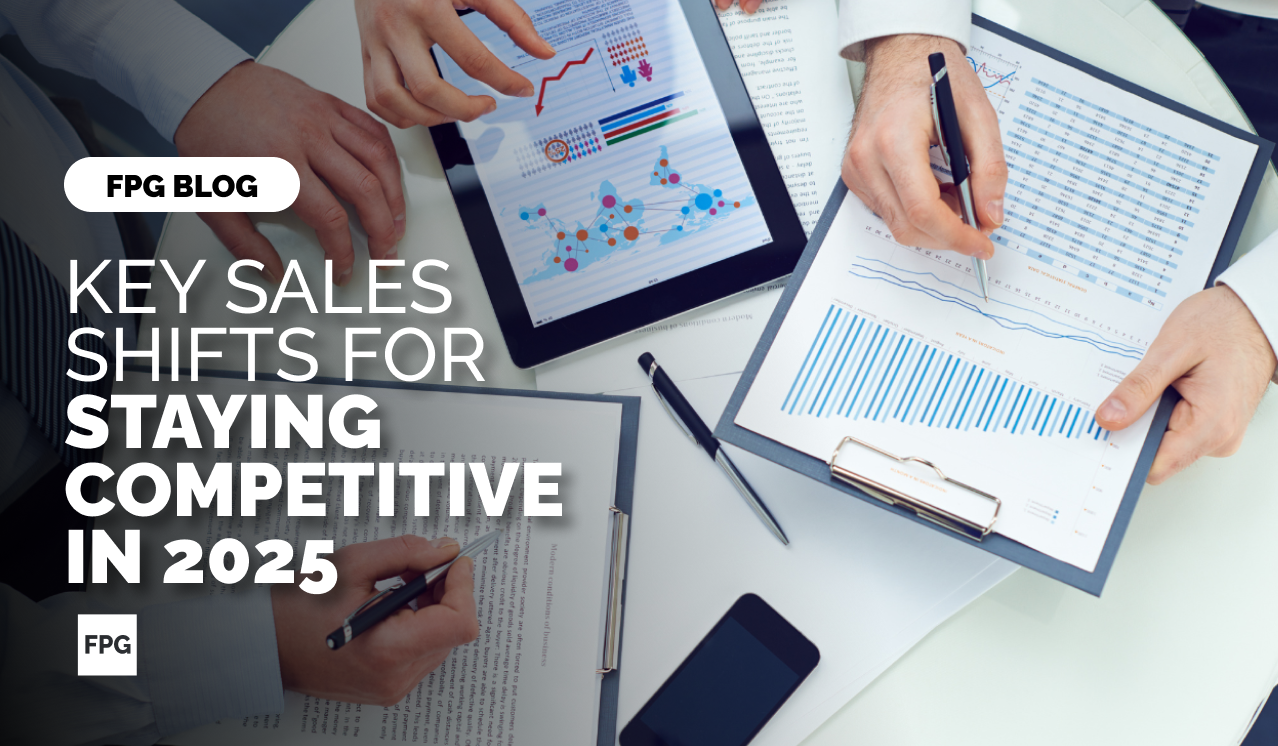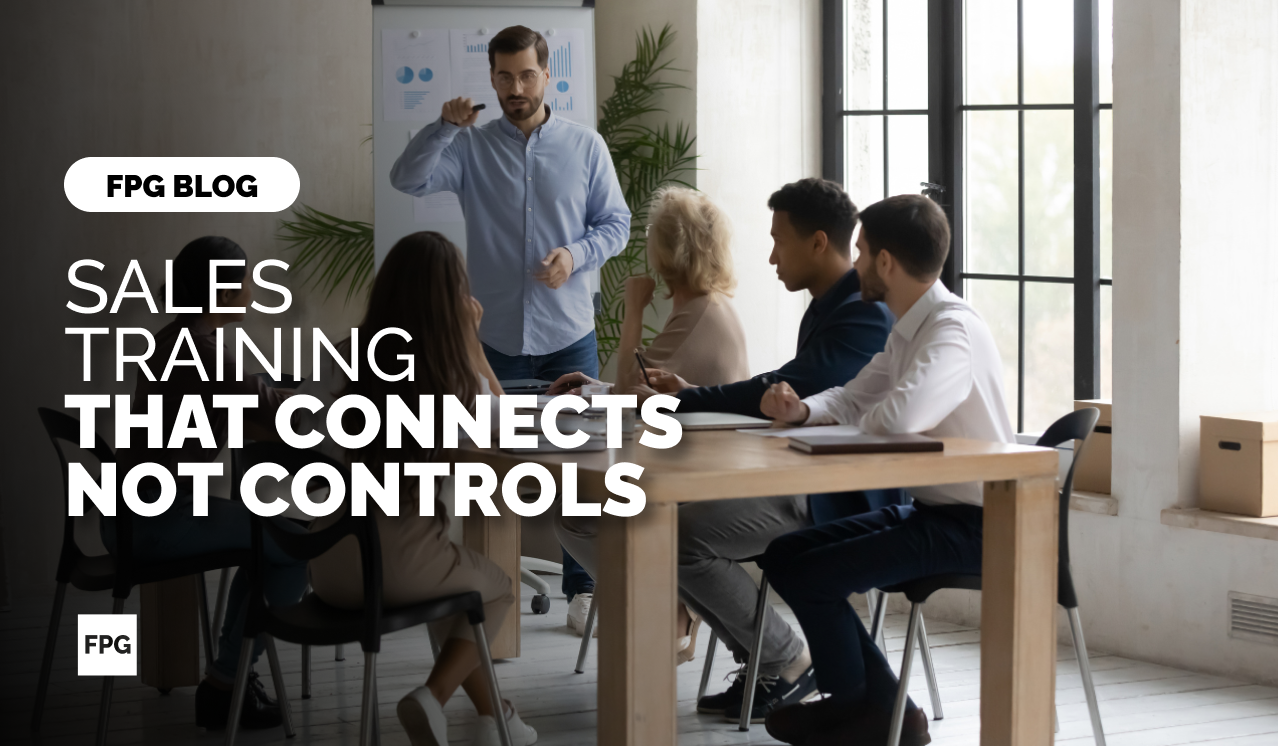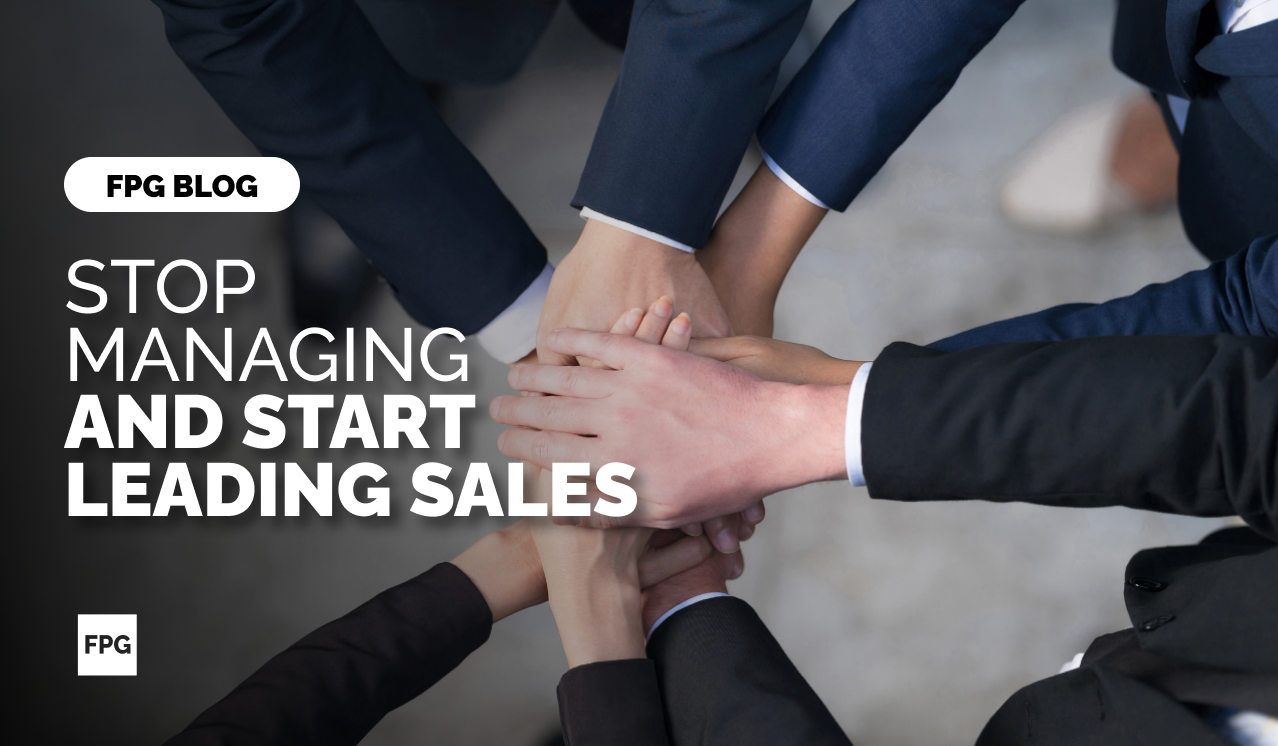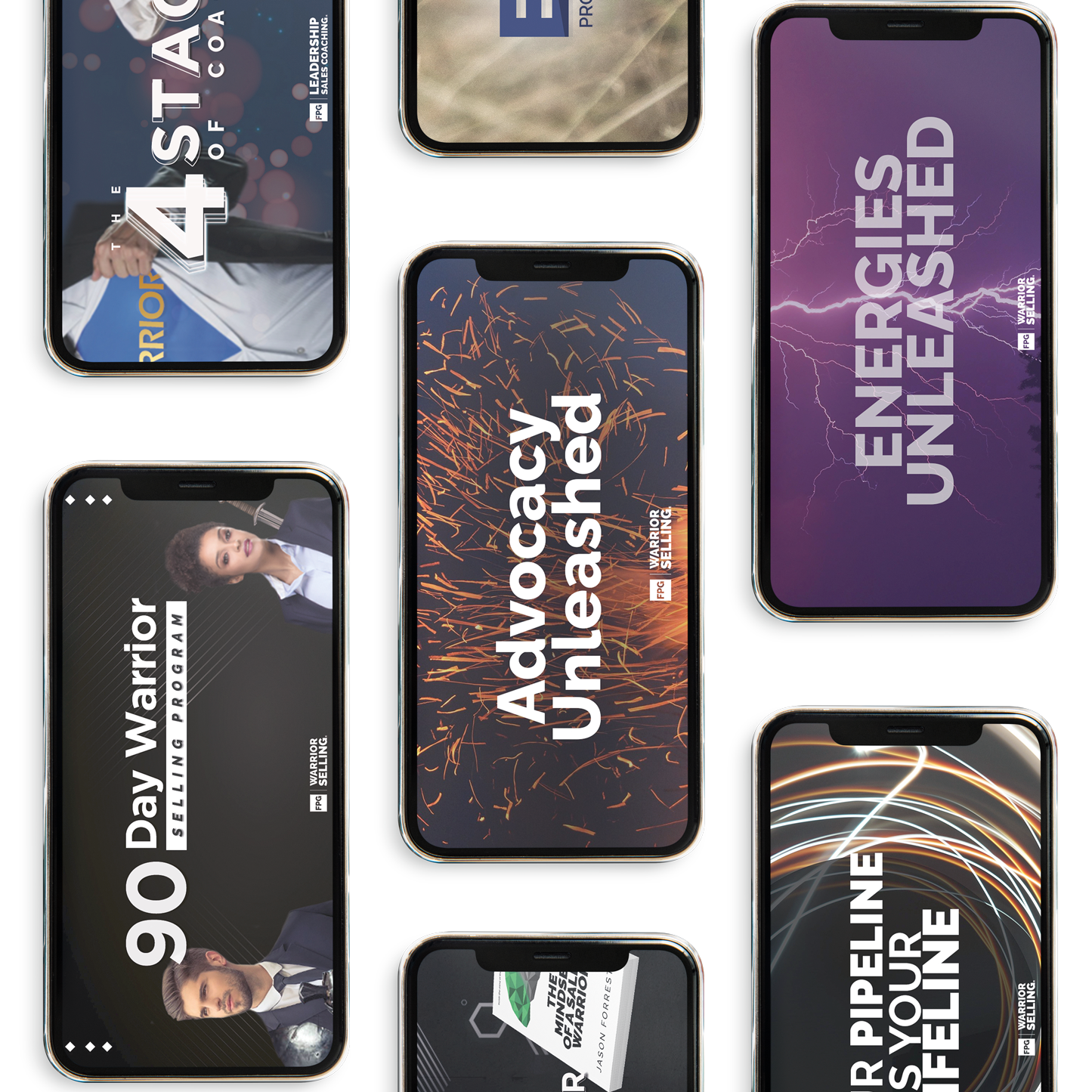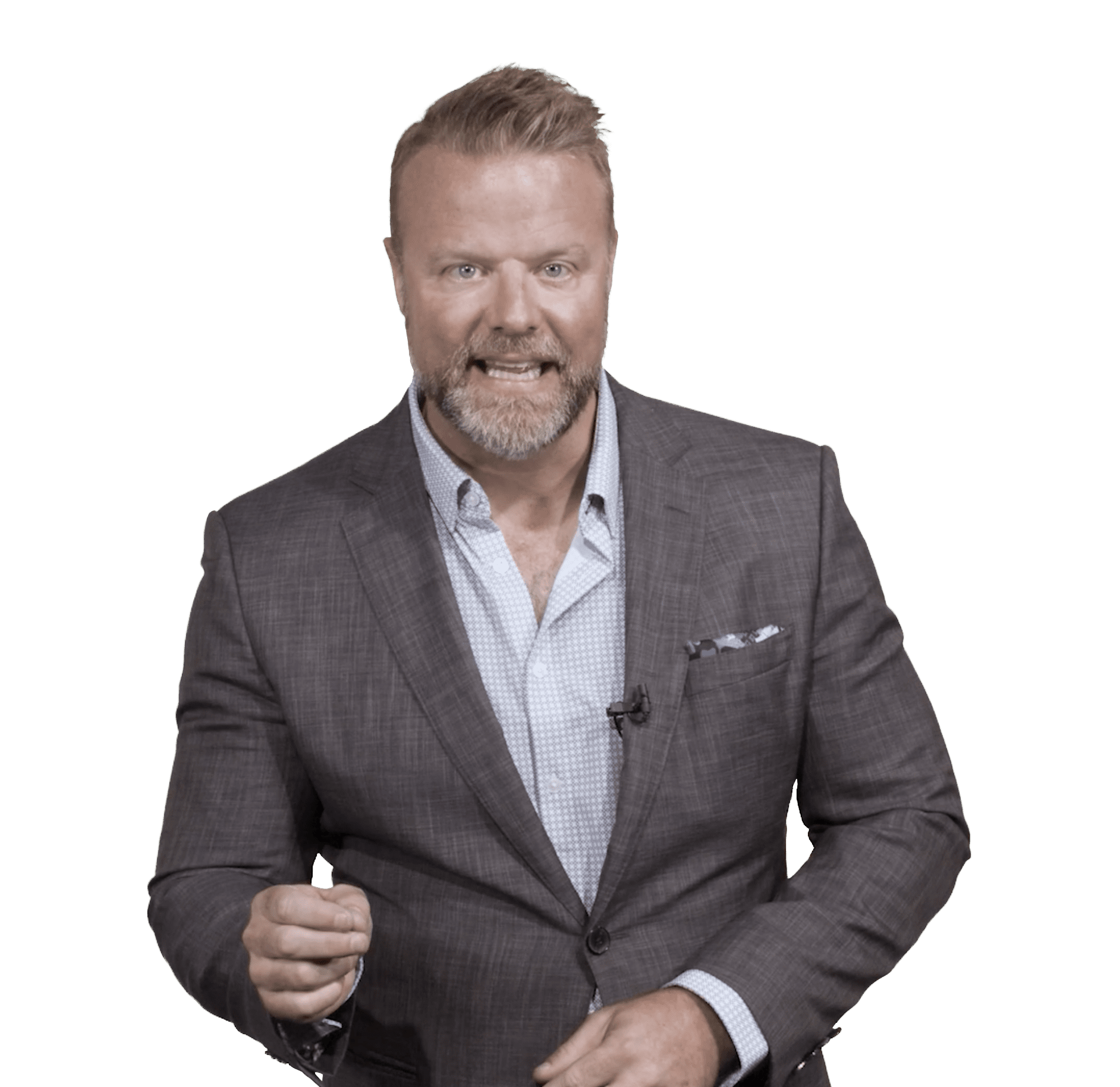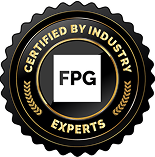The sales landscape is shifting faster than ever, and outdated philosophies are becoming costly liabilities. What worked five years ago—or even last year—is no longer enough to stand out in a hyper-competitive 2025 market. Buyers are more informed, selective, and demanding, while market dynamics demand strategies that are both innovative and precise. Without a shift in mindset, even seasoned sales leaders risk falling behind.
Staying ahead requires more than fine-tuning techniques—it demands a fundamental reassessment of how sales is approached. These seven essential philosophy shifts are what separate the top 1% performers from everyone else. Designed for leaders and decision-makers, these shifts will reframe how sales professionals connect with customers, solve problems, and stay competitive in the face of rapid change.
Table of Contents
- 1. Stop Selling Products, Start Selling Outcomes
- 2. Adopt Emotional Connection as Your Foundation
- 3. Prioritize Coaching Over Management
- 4. Reassess Buyer Categories for Greater Precision
- 5. Solve Pain Points Before Pitching Solutions
- 6. Leverage Data Without Losing Humanity
- 7. Focus on Buyer Identity, Not Just the Sale

1. Stop Selling Products, Start Selling Outcomes
Buyers in 2025 aren’t just purchasing products or services—they’re investing in outcomes. They’re looking for solutions that directly improve their lives or businesses. Yet too many salespeople still focus on features and benefits, missing the deeper connection that drives decisions.
- Shift the conversation from “what it is” to “what it does.” Focus on measurable outcomes buyers will experience.
- Use specific examples: Instead of pitching a software’s speed, explain how it saves 10 hours a week for its users.
- Show the ripple effect: Highlight how outcomes impact buyers’ broader goals, such as growing revenue or reducing stress.
This philosophy shift aligns sales efforts with what buyers truly value. When conversations center on outcomes rather than products, prospects see you as a problem solver rather than a salesperson.
Ready to break free? | Join our Mindset to Sales Freedom masterclass for sales pros.
2. Adopt Emotional Connection as Your Foundation
In an increasingly automated world, emotional connection is the ultimate differentiator. Buyers crave authentic relationships, not transactional interactions. By focusing on connection first, trust is established faster, and objections become easier to handle.
Build emotional connection through these steps:
- Listen actively: Don’t just hear their words—understand their fears, frustrations, and goals.
- Mirror their energy: Match the tone and pace of your prospect to build subconscious rapport.
- Share relatable stories: Storytelling humanizes the sales process and makes your message more memorable.
Emotionally connected buyers are more likely to buy—and stay loyal. This philosophy turns one-time transactions into long-term relationships.
3. Prioritize Coaching Over Management
The best sales teams in 2025 aren’t managed—they’re coached. Coaching builds capability, whereas management simply enforces compliance. Teams coached consistently outperform because they’re motivated by growth, not fear.
How to coach effectively:
- Schedule weekly one-on-one sessions: Focus on developing specific skills instead of only reviewing results.
- Use targeted questions: Ask, “What’s one thing you’d like to improve in your next call?” instead of giving direct instructions.
- Celebrate progress over perfection: Recognize small wins to build confidence and maintain momentum.
When leaders coach rather than manage, they create a culture of self-improvement and accountability. Teams thrive, and performance soars.

4. Reassess Buyer Categories for Greater Precision
Not all buyers are created equal, yet many sales teams still treat them that way. In 2025, precision matters. Segmenting buyers into clear categories based on their behaviors, values, and needs creates targeted strategies that resonate.
- The Data-Driven Buyer: Wants proof, numbers, and logical reasoning. Provide case studies, analytics, and ROI breakdowns.
- The Relationship-Oriented Buyer: Cares about trust and connection. Spend time building rapport before diving into the details.
- The Impulse Buyer: Focused on speed and convenience. Use urgency and simplicity to close quickly.
Understanding these categories prevents wasted effort and maximizes conversion rates. When buyers feel understood, they’re far more likely to commit.
5. Solve Pain Points Before Pitching Solutions
One of the most significant mistakes salespeople make is pitching too soon. Without addressing pain points first, the solution often feels irrelevant. Buyers need to know that their problem is understood before they’ll invest in a solution.
- Ask direct questions: Use questions like, “What’s costing your business the most right now?” to get to the heart of their pain.
- Clarify the impact: Ask follow-ups like, “What happens if this issue continues for the next six months?”
- Validate their frustration: Empathize with their struggles by saying, “That sounds like a challenging situation.”
Once the pain point is fully understood, the solution becomes obvious. This philosophy positions the salesperson as an ally, not an aggressor.
6. Leverage Data Without Losing Humanity
Sales in 2025 demands a balance between data-driven insights and human connection. Analytics provide valuable context, but they should never replace intuition or empathy. The top performers use data as a tool, not a crutch.
Examples of blending data and humanity:
- Use CRM insights to tailor conversations, but adapt in real-time based on buyer reactions.
- Reference predictive analytics to suggest outcomes, but personalize your delivery to address individual concerns.
- Track behaviors like email opens, but don’t rely solely on algorithms to decide when to follow up.
When data and empathy work together, buyers feel understood and respected. This balance ensures long-term trust while driving smarter decisions.

7. Focus on Buyer Identity, Not Just the Sale
In 2025, buyers are drawn to brands and sales professionals that align with their identity. They don’t just want a product—they want to work with companies that reflect their values and aspirations.
- Emphasize shared values: Highlight how your company’s mission aligns with what the buyer cares about.
- Position your product as part of their story: Explain how it helps them achieve their goals or embody their desired identity.
- Avoid hard selling: Instead, create conversations about mutual alignment and shared purpose.
This shift fosters deeper loyalty. Buyers see themselves reflected in the brand, creating connections that last far beyond the initial purchase.
2025 demands a rethinking of sales philosophies. These seven shifts—focused on outcomes, connection, precision, coaching, and empathy—offer a roadmap for leaders who want to dominate in the modern market. While many continue to rely on outdated techniques, those who adapt will lead their industries.
Success in sales isn’t just about tactics. It’s about reimagining the approach, creating value, and building relationships that last. For leaders ready to redefine how they lead, there’s never been a better time to adopt these game-changing philosophies.
The question isn’t whether you’ll adapt—it’s whether you’ll do it fast enough to stay ahead.
At FPG We’ll Recruit, Coach, And Train Your Sales Team Like They’re Our Own
Gain a competitive edge with FPG’s expert solutions in Sales Recruiting, Sales Training, and Sales Management Training. Experience rigorous candidate screening, process-driven training that resonates, and transformative leadership that drives significant revenue increases. Give yourself an advantage and start your journey to higher sales and unparalleled success with FPG. Reach out to us today!
Ready to revolutionize your sales team?
Elevate your recruitment, training, and leadership with our expert guidance. Say goodbye to stagnant sales and hello to unprecedented success! Book a Meeting today and take the first step towards dominating your market!

